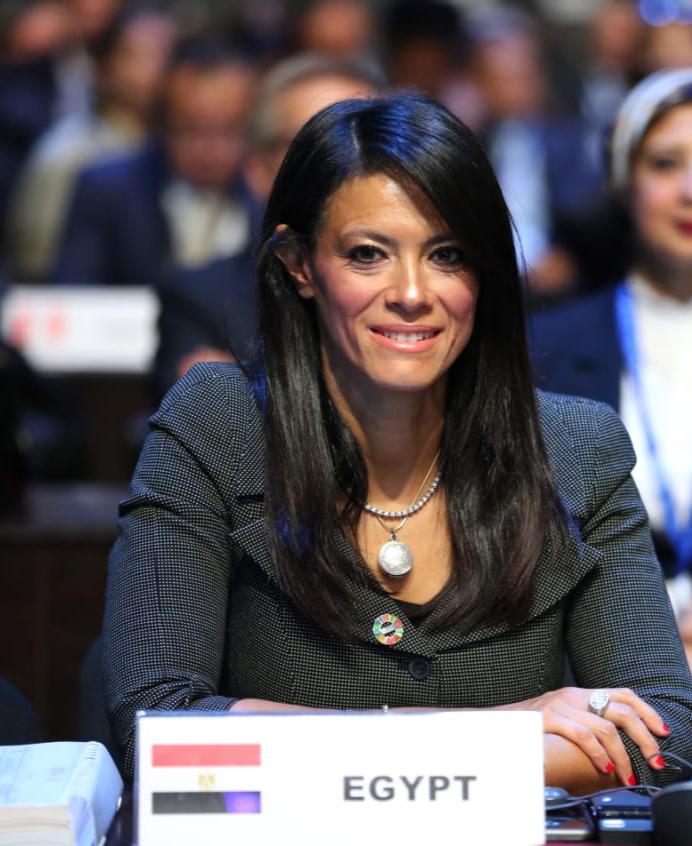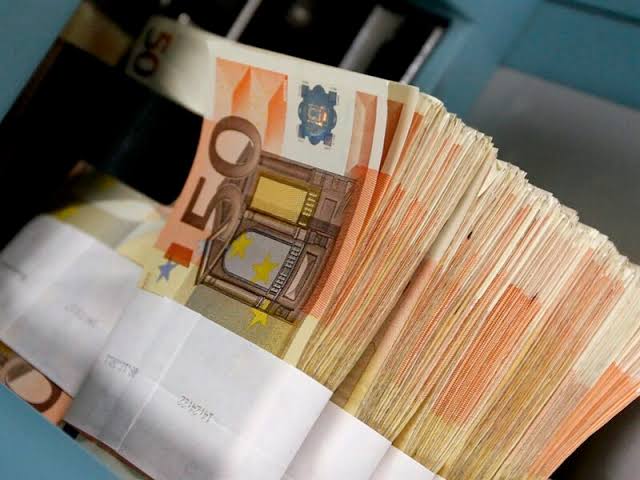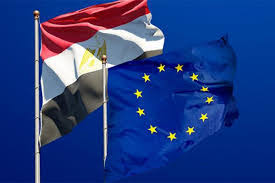 In a landmark financial agreement aimed at strengthening economic resilience and regional stability, the European Union has pledged to provide €4 billion in budget support to Egypt over the coming years. The announcement was made during a high-level diplomatic engagement between EU and Egyptian officials, reflecting growing ties and strategic cooperation between both parties.
In a landmark financial agreement aimed at strengthening economic resilience and regional stability, the European Union has pledged to provide €4 billion in budget support to Egypt over the coming years. The announcement was made during a high-level diplomatic engagement between EU and Egyptian officials, reflecting growing ties and strategic cooperation between both parties.
The funding is part of the EU’s broader effort to support its southern neighbors in facing economic pressures, global inflation, and migration challenges. The financial assistance package, which will be disbursed through 2024 to 2027, is intended to bolster Egypt’s fiscal capacity, enhance macroeconomic reforms, and fund key sectors such as education, energy, food security, and climate resilience.
European Commission President Ursula von der Leyen emphasized that the partnership with Egypt is “crucial for regional stability, security cooperation, and economic opportunity.” She noted that this agreement reflects the EU’s recognition of Egypt as a “strategic partner” in managing challenges like irregular migration, counterterrorism, and energy diversification.
 The €4 billion package will consist of grants, concessional loans, and macro-financial assistance, with a strong focus on performance-based disbursement tied to specific reforms and progress indicators. This model aligns with the International Monetary Fund (IMF)’s expectations under Egypt’s ongoing Extended Fund Facility (EFF) program.
The €4 billion package will consist of grants, concessional loans, and macro-financial assistance, with a strong focus on performance-based disbursement tied to specific reforms and progress indicators. This model aligns with the International Monetary Fund (IMF)’s expectations under Egypt’s ongoing Extended Fund Facility (EFF) program.
Egyptian President Abdel Fattah el-Sisi welcomed the agreement, highlighting the country’s commitment to sustainable development and macroeconomic stability. He stated that the support will help mitigate external shocks, including rising global food and energy prices triggered by the war in Ukraine and the ongoing situation in Gaza.
This financial backing comes at a critical time for Egypt, which is grappling with a growing public debt burden, foreign currency shortages, and pressure to implement structural reforms. Analysts suggest that the EU’s support is not only economic in nature, but also deeply political—positioning Egypt as a central player in Euro-Mediterranean cooperation and migration management.
In recent years, Egypt has hosted millions of migrants and refugees, often with limited international support. The EU has increasingly turned to Cairo as a reliable partner in managing migration flows across the Mediterranean, particularly as conflicts persist in neighboring Libya, Sudan, and the Gaza Strip.
The EU-Egypt partnership also includes provisions for investment in green hydrogen, renewable energy infrastructure, and digital transformation—areas seen as vital for Egypt’s long-term development strategy.

As implementation begins, transparency and monitoring will be key components of the funding process, with both EU and Egyptian agencies expected to collaborate on oversight and progress evaluation.
This latest financial agreement reinforces Egypt’s geopolitical importance and the EU’s strategic interest in supporting regional allies to foster economic growth, political stability, and shared security in North Africa and the Mediterranean basin. As

